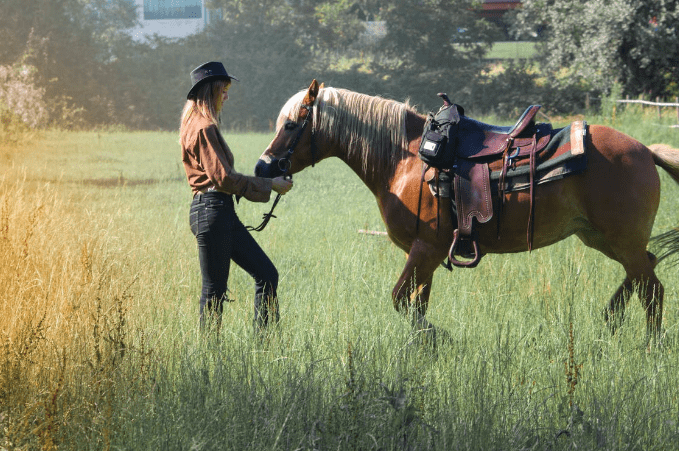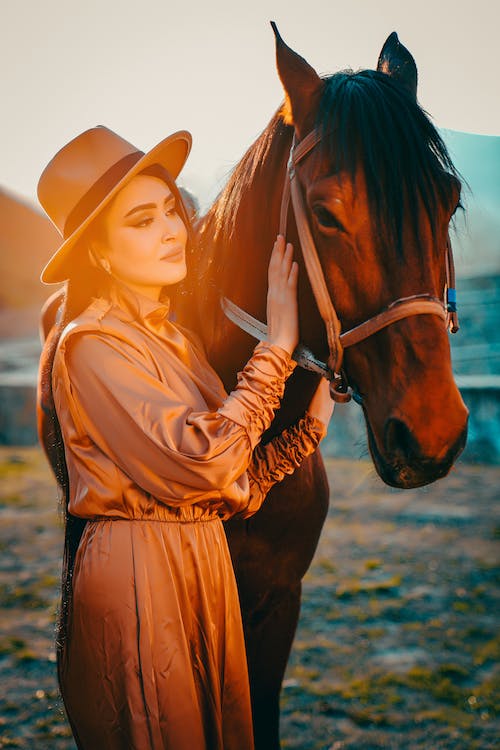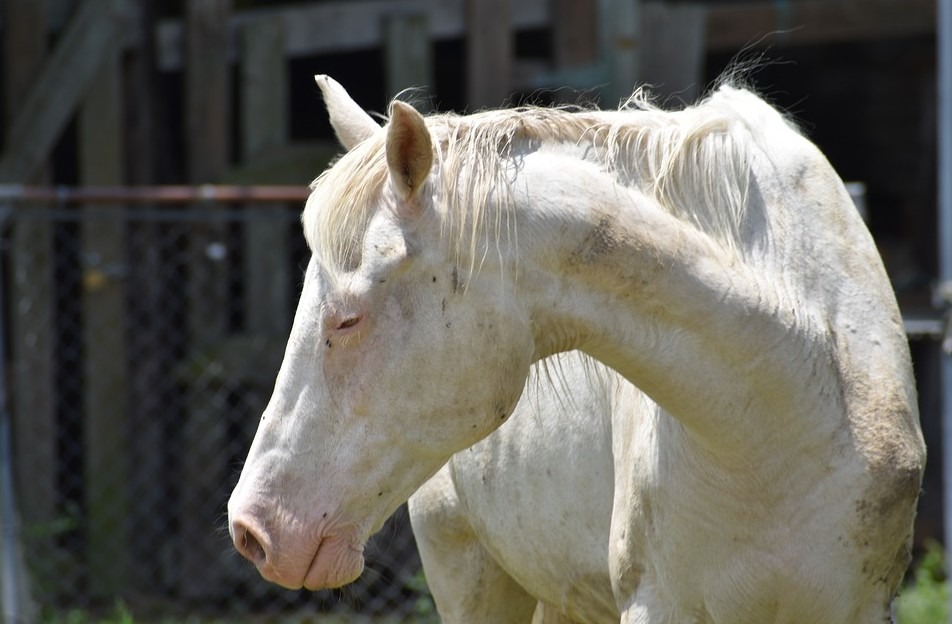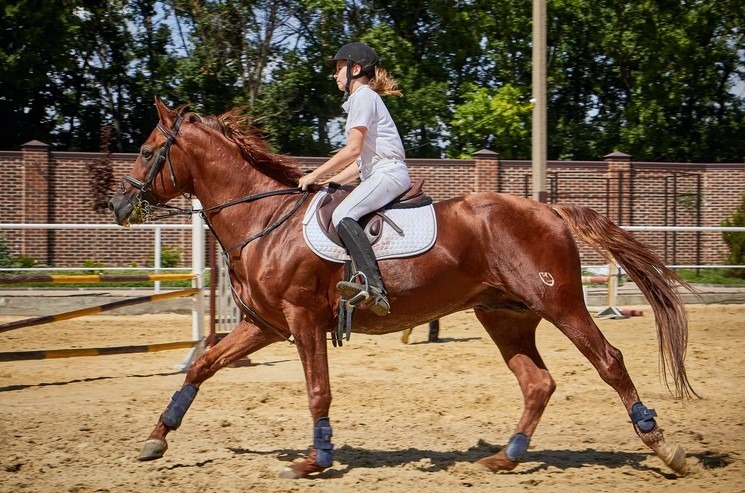The Basics of Horse Care

Horse ownership can be an intimidating endeavor. It entails many responsibilities and requires your commitment, attention, time, effort, and money. Nevertheless, the benefits make it all worth it. These Intelligent animals make lovely companions, whether you keep them as a pet, for shows and competitions, or riding, turning everything into a fulfilling and rewarding experience. But, before you get a new horse, here are the basics of horse care you need to know, so you'll have a happy, healthy, and well-trained equine friend at home!
Food and Supplements
Horses need sufficient amounts of roughage (hay, chaff, or pasture) to maintain a healthy body. Ideally, your horse should eat about 2-2.5% of his body weight each day.
Horses have a relatively sensitive digestive system, which means you need to be extra cautious in feeding them. As trickle feeders, they are meant to graze and take in food little and often throughout the day. That means you need to develop and strictly stick to a feeding routine. If any changes arise, be sure to implement them gradually.
Never compromise when it comes to feeding your horse. Always opt for the best quality, as cheaper ones may not be inspected by poisonous plants or matter, leading to more significant problems.
Generally, horses will thrive in roughage alone. However, providing supplements can help him be healthier and thrive better. These contain essential vitamins and minerals, which may lose when cut, dried, and stored over time. Moreover, supplements target various vital areas, such as improved digestion, healthier joints, stronger hooves, or a shinier coat. If your horse needs more calories for power and performance, some supplements offer specific support.
You can always consult a vet or nutritionist for advice on which supplements will be best for your horse. They can also help lead you to products approved by the industry, as you don't want to get those that contain any prohibited substances.
Water
Access to clean water at all times is another crucial factor in your horse's optimum well-being. An average horse consumes 6-10 gallons of water each day in a typical, cool environment. It can rise to 15 gallons daily in hotter weather or in the warmer months to cope up.
You can either use a self-filling trough. The downside is that you may not be able to monitor how much your horse is drinking. Plastic buckets are great alternatives but must be checked and refilled if needed. Check your water source several times a day to ensure there are no issues or that there is adequate fresh water.
If in case your horse sweats heavily or drinks poorly, act right away as both can affect your horse's health. When then happens, you can add electrolyte supplements to his water source. It works both ways, providing the minerals and salt lost through sweating or motivating your horse to drink again.
Shelter
While horses are hardy animals that can regulate their body temperature, whether in cold or heat, you still need to provide him with a safe, secure, and sturdy shelter that will protect him from the hot rays of the sun, strong winds or freezing rain or snow. A walk-in shed or stable are excellent choices and will suffice in sheltering your horse from harsh elements. See to it that they have enough space to walk forward, turn around, and lie down.
Grooming
Like any most domesticated animals, grooming is also a part of horse care. Grooming upkeeps includes cleaning his hooves, brushing him to get rid of dirt, clearing out tangles in his coat, and cleaning his eyes, ears, muzzle, and dock area. Though horses you keep him in a shelter, you need to groom your horse at once daily. Brushes, comb, hoof pick, soft cloth, and sponge are some basic supplies you will need to keep your horse in tip-top condition.
While it can be difficult at first, grooming is a fun activity that will help you build a lasting bond with your horse. Just devote some patience, and your horse will soon be comfortable, making it an easier task for both ends.
Companionship
Most owners think that they are the only companions their horses need. Truth to be told, horses thrive better and feel safer if they are with their own kind. After all, they are herd animals, and it is best for them emotionally and physically to become part of a herd. Fortunately, there are other ways your horse can receive the companionship he needs. If you have enough space or extra money to spend, you can offer to board or rescue other horses in need. Otherwise, you can choose other animals as horses are capable of creating bonds with them. Donkeys, pigs, goats, and even dogs, can keep your horse company and make him happier.




